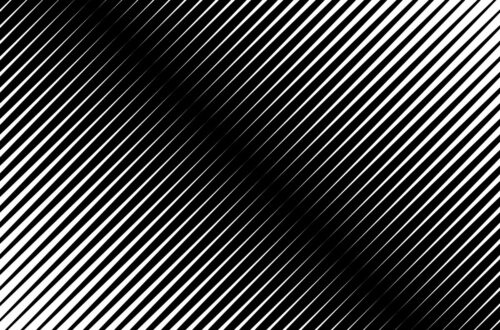
Aoife Nessa Frances has returned with a new album, Protector, on Partisan records. Starting off the album is the calm track, “Way to Say Goodbye.” The soothing vocals are mixed over a mid-tempo beat, with a creative use of brass and strings that softly creep up in the mix, which opens the door to the rest of the album. “This Still Life” has a similar vibe and production. “Emptiness Follows” has a fantasy acoustic-type vibe with shimmering keyboards and/or mellotron. Harps and Brass accentuate the chorus, giving it a timeless feel and the hearing of music on a grand scale. The next track, “Only Child” features a toe-tapping minimal beat, with subtle strings and keys in the mix that build over the length of the song to an experimental artsy outro of harp and strings, in a bohemian sense. “Chariot” has more of the same soft style delivery of vocals, in a shoegaze style but without all the lush production associated with that genre. There is almost a tropicalia/bossanova style beat on this track which makes it stand out as one of my favorites on the album.
“Back to Earth” and “Soft Lines” somehow manage to be even more mellow and chill than the rest of the album, with a built-in production style just like the other songs. “Day out of Time” closes out the album in an even slower way, and doubles down on softer and minimal sounds.
Overall, it’s a good “rainy day” album. There is a similar production style for each track, giving the album an overall cohesive vibe of the songs being all cut from the same “chill” mold. There is a lot of space in each mix: at points just drums, vocals, and one other supporting instrument, before building to a full production. Perhaps these songs translate differently being played live, but on the record the songs fit together as a complete package. The album is not “in your face,” and very easy on the ears. The songs’ melodies creep up on you, and are appreciated after repeat listenings.






